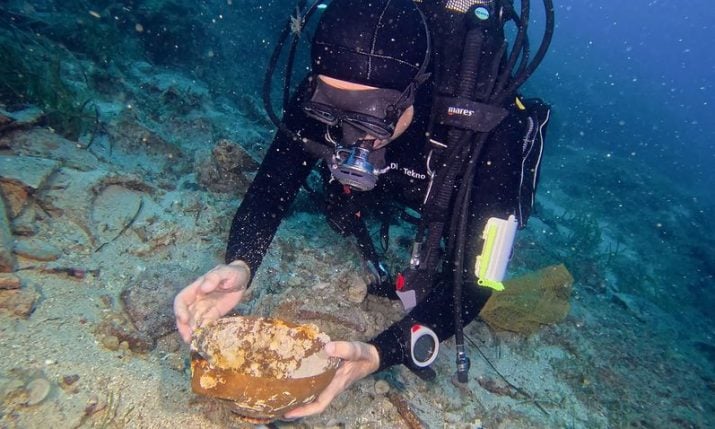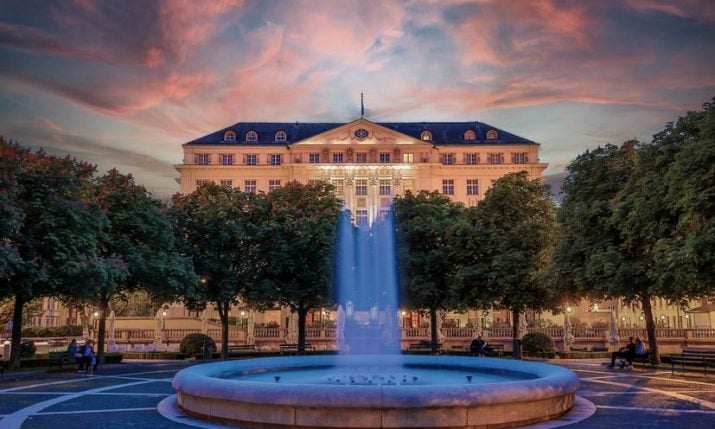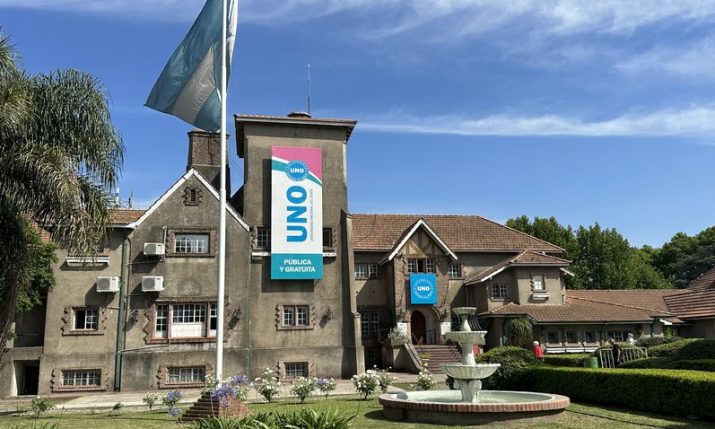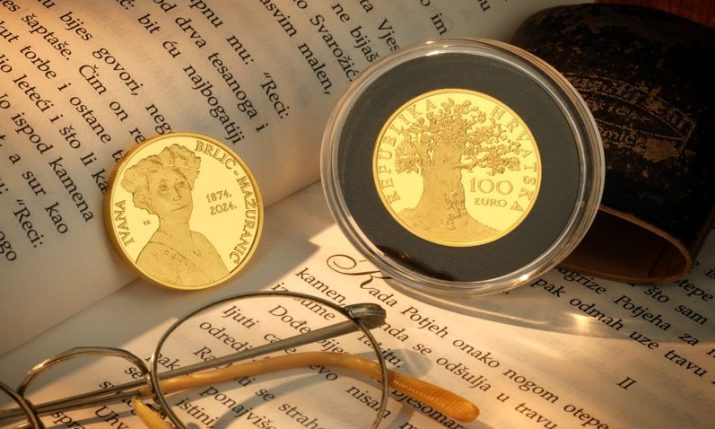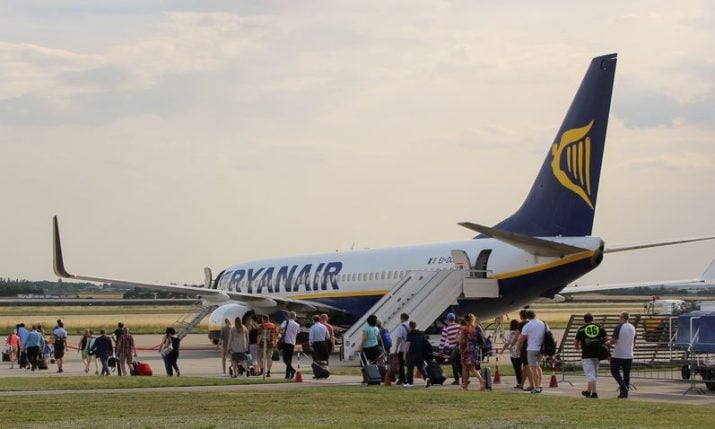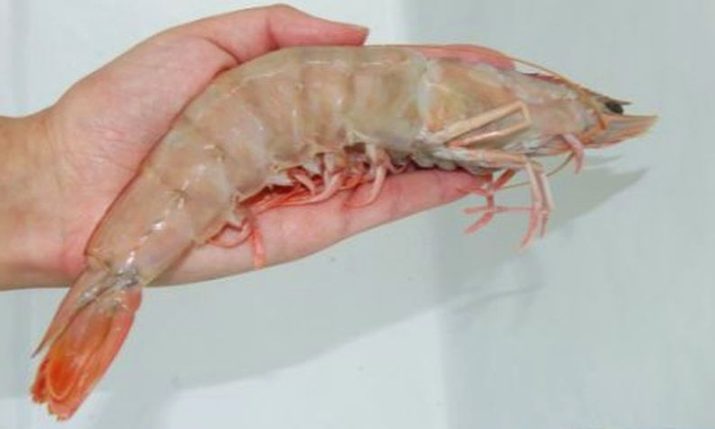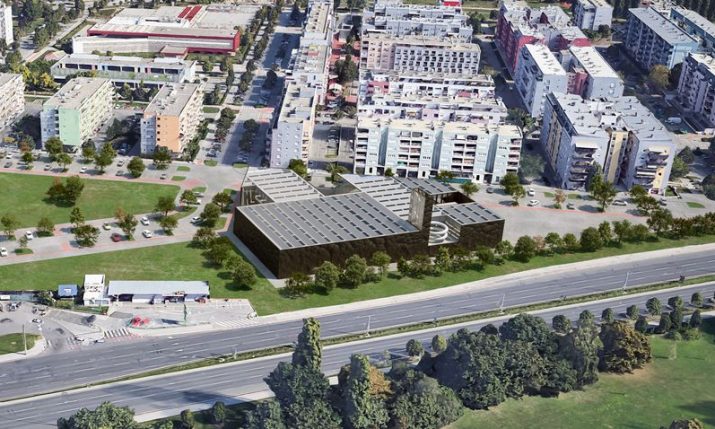Croatia ranks No.1 in EU for water resources per capita
- by croatiaweek
- in News
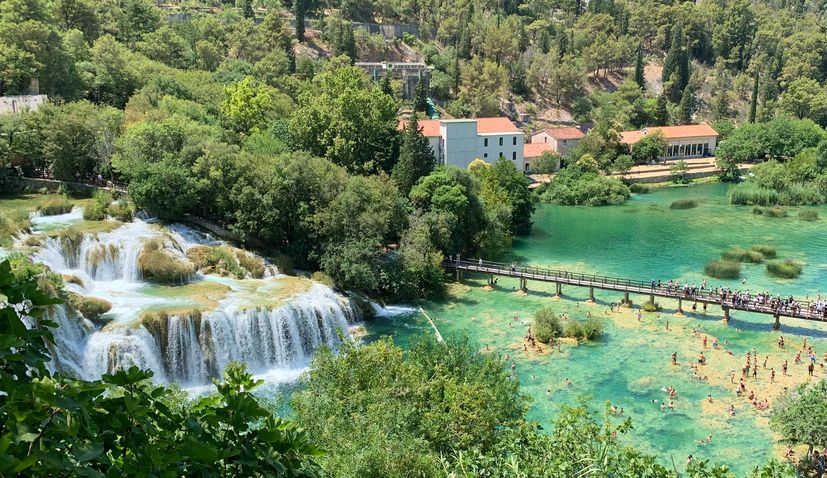
Croatia ranks first in EU for water resources per capita
ZAGREB, 25 March (Hina) – Croatia can be satisfied with the quantity and quality of its water resources as, per Eurostat, it ranks first in the EU with 30,000 m3 per capita, the Economy and Sustainable Development Ministry has said on the occasion of World Water Day, which was observed on 22 March.
Croatia abounds in water but, aware of the fragility of this precious resource and notably of the possibilities and prosperity brought by peace and stability, we are working on its protection, also in cooperation with our neighbours, thereby additionally strengthening stability in this part of Europe, the ministry told Hina.
The theme of World Water Day 2024 was ‘Water for Peace’.
The ministry highlighted the water management cooperation with Croatia’s neighbours and the states in the Danube and Sava river basins, saying the situation with their resources is good and that by using international platforms they consider the impact of climate change, including prevention of floods and droughts.
The ministry underlined the importance of connecting and adopting common decisions.
Croatia’s water resources of 22.16 billion m3 annually, which is the average quantity of renewable underground waters, is unevenly distributed in terms of space and time, which calls for using waters rationally and managing them wisely and sustainably, the ministry said.
In Croatia, 94% of the population has access and 86% is connected to healthy water from public supply systems, and 58% of the population has access and 53% is connected to public sewer systems.
In the near future, the ministry has to further improve access to water for human consumption via public supply systems and ensure public water taps in all larger towns and municipalities that will enable all marginalised groups to freely use water in the quantities necessary for drinking and personal hygiene.
That is an obligation under the European Drinking Water Directive, transposed into the law on water for human consumption and the Water Act, and it also contributes to reducing plastic waste from bottled water, to preventing the increasingly present per-and polyfluoroalkyl substances, and to raising awareness of the fact that tap water in Croatia is safe to drink, the ministry said.
The biggest challenge is further improving access to public sewer systems and to reduce water losses from public supply systems, which is too high at an average 50%, the ministry said, adding that a national action plan for cutting water losses will be adopted by June.

